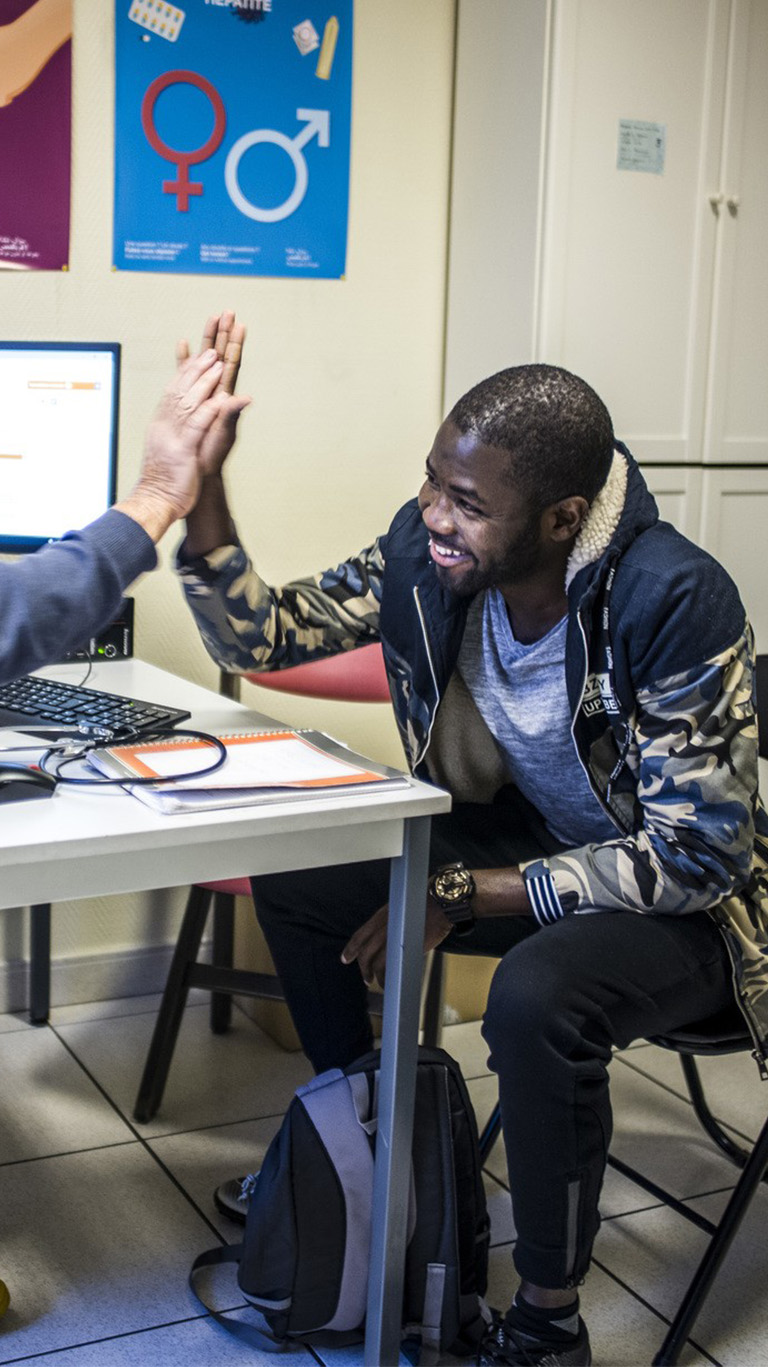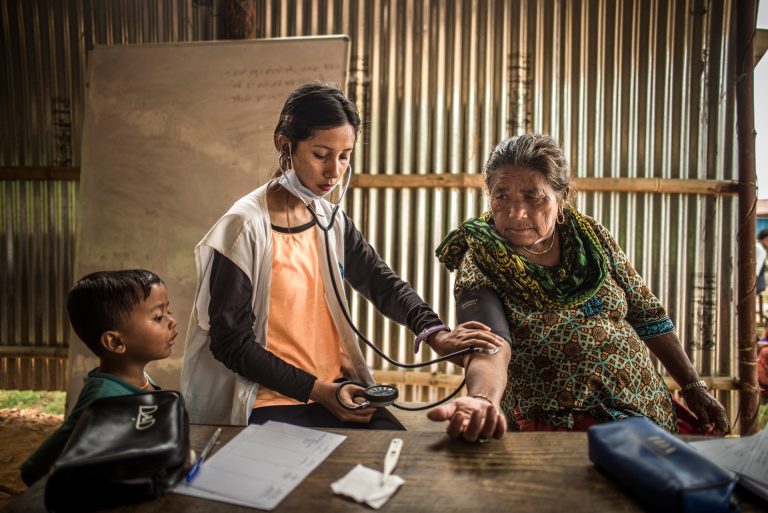JE DÉCOUVRE LE DON MENSUEL
JE DÉCOUVRE LE DON MENSUEL
JE DÉCOUVRE LE DON MENSUEL
JE DÉCOUVRE LE DON MENSUEL
JE DÉCOUVRE LE DON MENSUEL
JE DÉCOUVRE LE DON MENSUEL
JE DÉCOUVRE LE DON MENSUEL
JE DÉCOUVRE LE DON MENSUEL
JE DÉCOUVRE LE DON MENSUEL
JE DÉCOUVRE LE DON MENSUEL
JE DÉCOUVRE LE DON MENSUEL
JE DÉCOUVRE LE DON MENSUEL
JE DÉCOUVRE LE DON MENSUEL
JE DÉCOUVRE LE DON MENSUEL
JE DÉCOUVRE LE DON MENSUEL
JE DÉCOUVRE LE DON MENSUEL
JE DÉCOUVRE LE DON MENSUEL
JE DÉCOUVRE LE DON MENSUEL
JE DÉCOUVRE LE DON MENSUEL
JE DÉCOUVRE LE DON MENSUEL
JE DÉCOUVRE LE DON MENSUEL

People at the heart of our work
© Olivier Papegnies
LISTENING AND RESPECT
The issue of accessing healthcare is at the heart of our code of ethics and our practical work. It involves our ability as humans and professionals, to listen and show respect. Far from being universal, access to healthcare is closely linked to the norms, values, representations and knowledge within each community. The representation of disease varies across different cultures and societies, something which cannot be ignored.
TAKING INTO ACCOUNT PATIENTS’ SOCIAL AND CULTURAL DIVERSITY CAN IMPROVE THE ACCESS TO, QUALITY AND EFFECTIVENESS OF CARE.
In the field of health, scientific knowledge can sometimes clash with lay knowledge, and traditional practices can come into conflict with humanitarian action. From one country to another, depending on the culture and social environment, the behaviour of patients and their relatives towards health and illness can change.
These norms, values, representations and practices govern how we approach and provide care. For our organisation, it is essential that we take these issues into account in order to provide appropriate humanitarian aid to the populations we support. Understanding an individual’s culture, taking a step back from our own professional position, and taking into account patients’ social and cultural diversity are all measures that make it possible to improve the access to, quality and effectiveness of care. Médecins du Monde strives to apply this on a daily basis through its humanitarian actions around the world.
MÉDECINS DU MONDE SUPPORTS ALMOST THREE MILLION PEOPLE WORLDWIDE IN MORE THAN 80 COUNTRIES.

© Olivier Papegnies
Medical consultation in Nepal
CREATING A RELATIONSHIP OF TRUST WITH THE POPULATION
In order to take all these dimensions and values into account in our work, we encourage our teams to constantly observe the environment in which they work. Participatory observation allows us to understand the reality on the ground in order to best respond to the needs of the population, without intermediaries. As an international NGO, we also need to get to know and understand the key players we will be working with in the countries, as they are essential relays between us and patients. Individual interviews with them enable us to establish a relationship of trust, to gather key information and, sometimes, to address sensitive issues. By doing so, a common language can be built, and a genuine collaboration can be established.
In order to raise awareness of these issues and their effects on the healthcare pathways of different populations, Médecins du Monde organises workshops, forums and debates. We have also set up a virtual platform for information exchange. We support and accompany our teams in the field by providing them with training tools and operational guides, including observation, interview and evaluation grids.
WE CAN BUILD A COMMON LANGUAGE AND ESTABLISH GENUINE COLLABORATION











